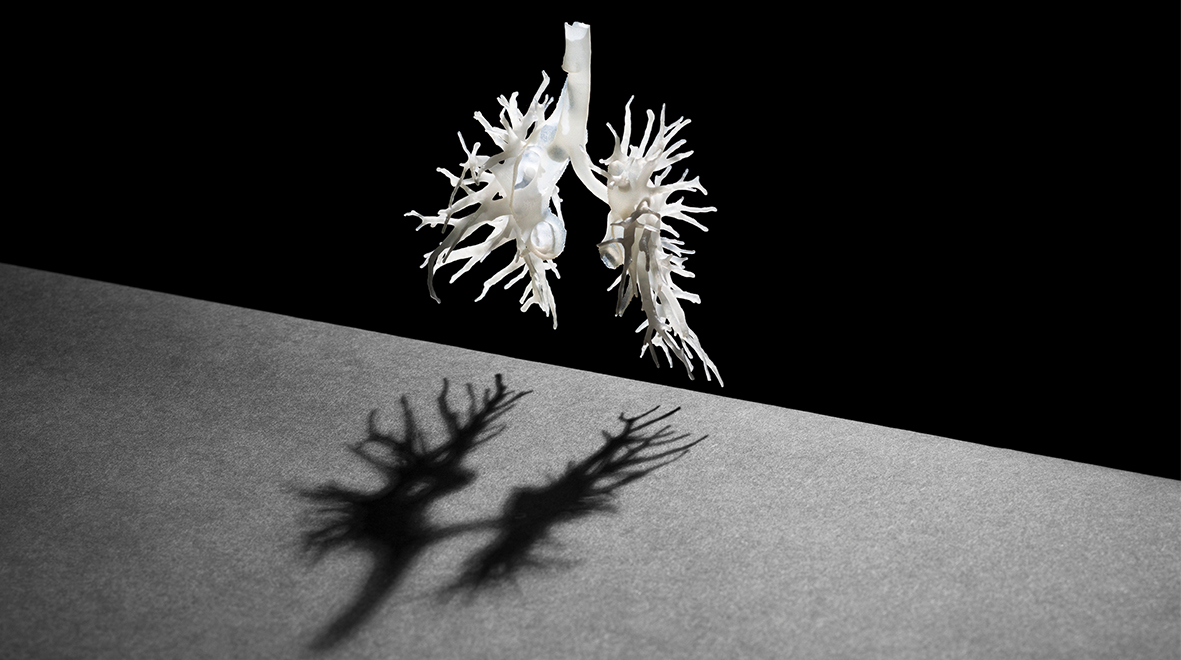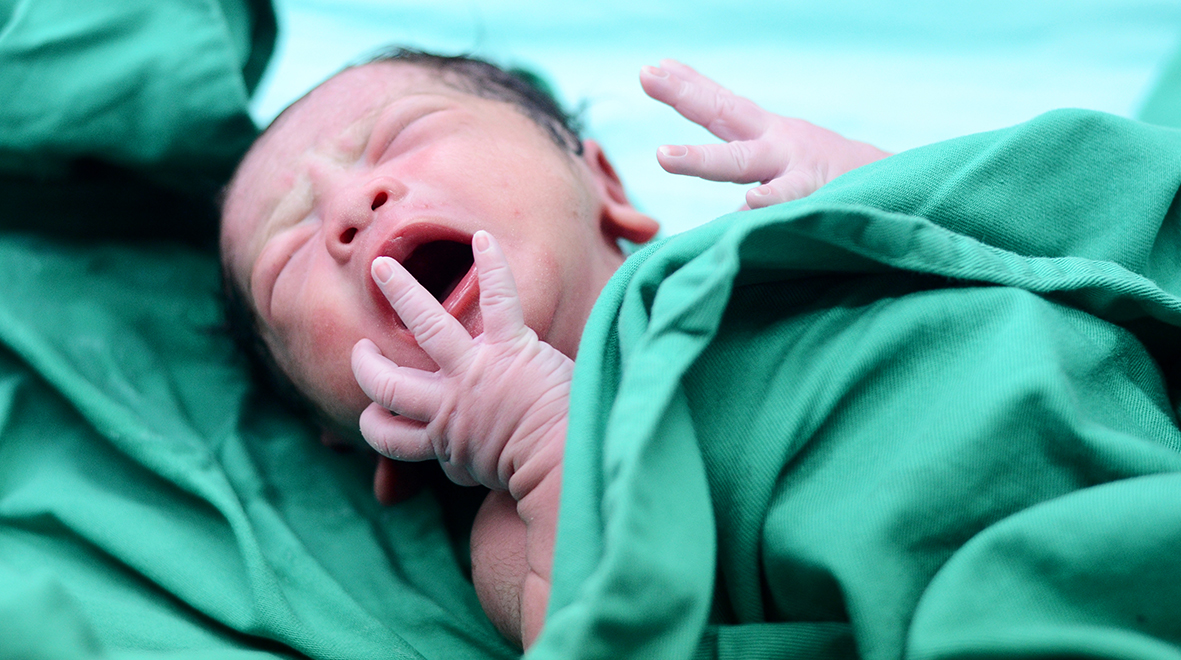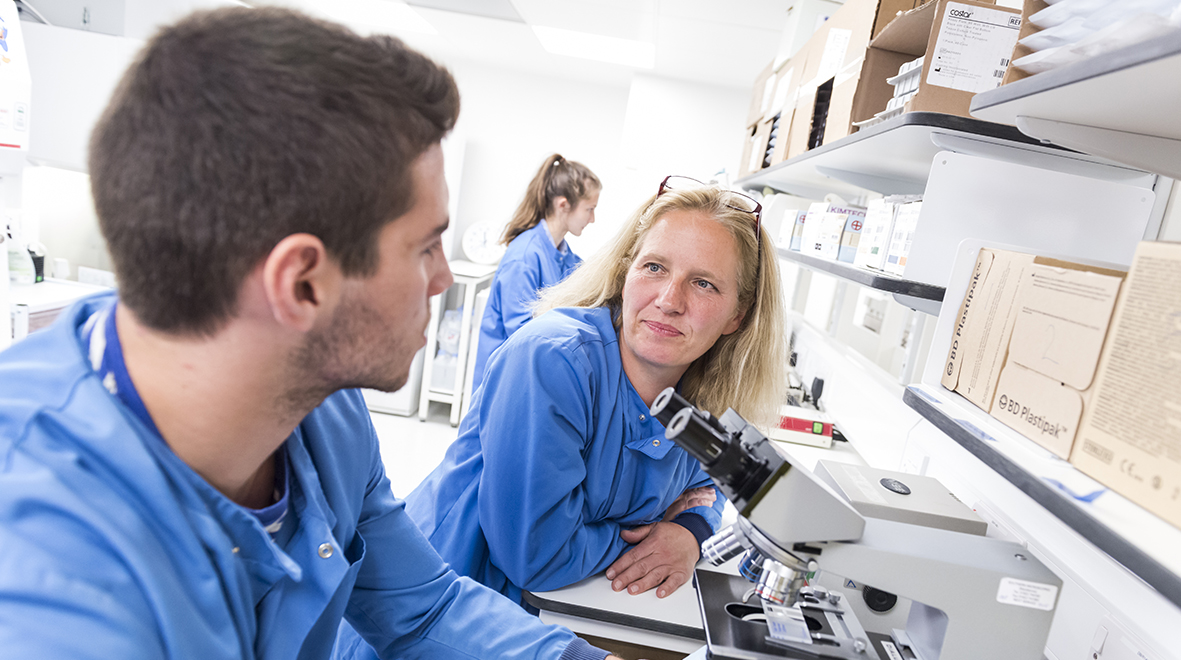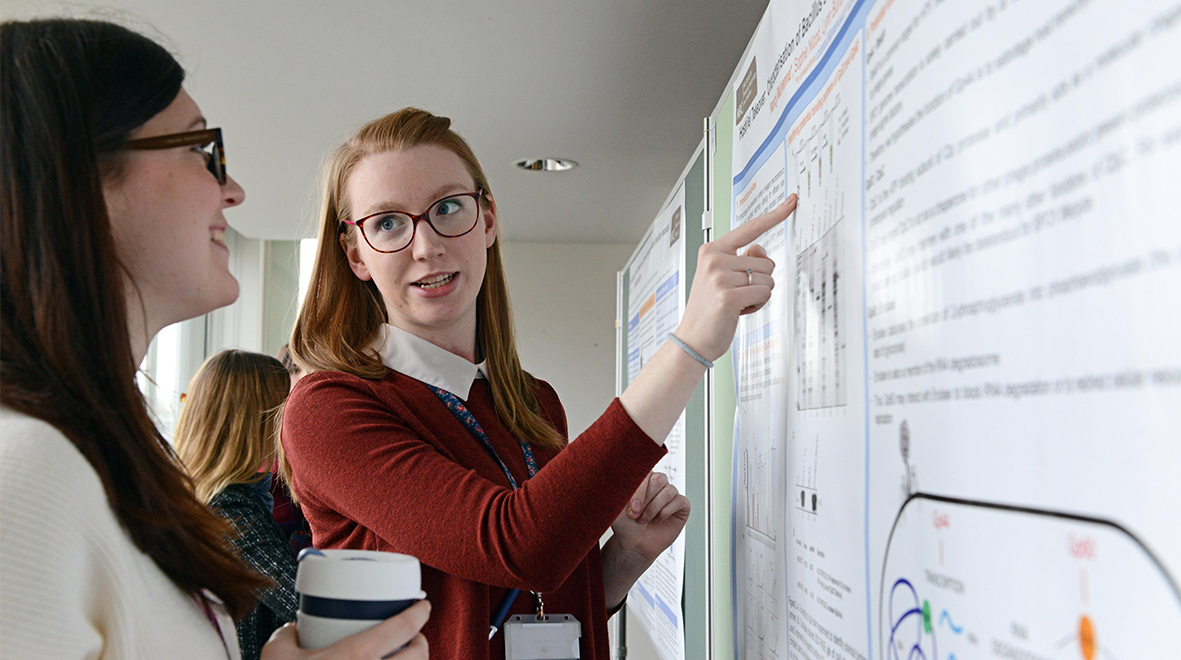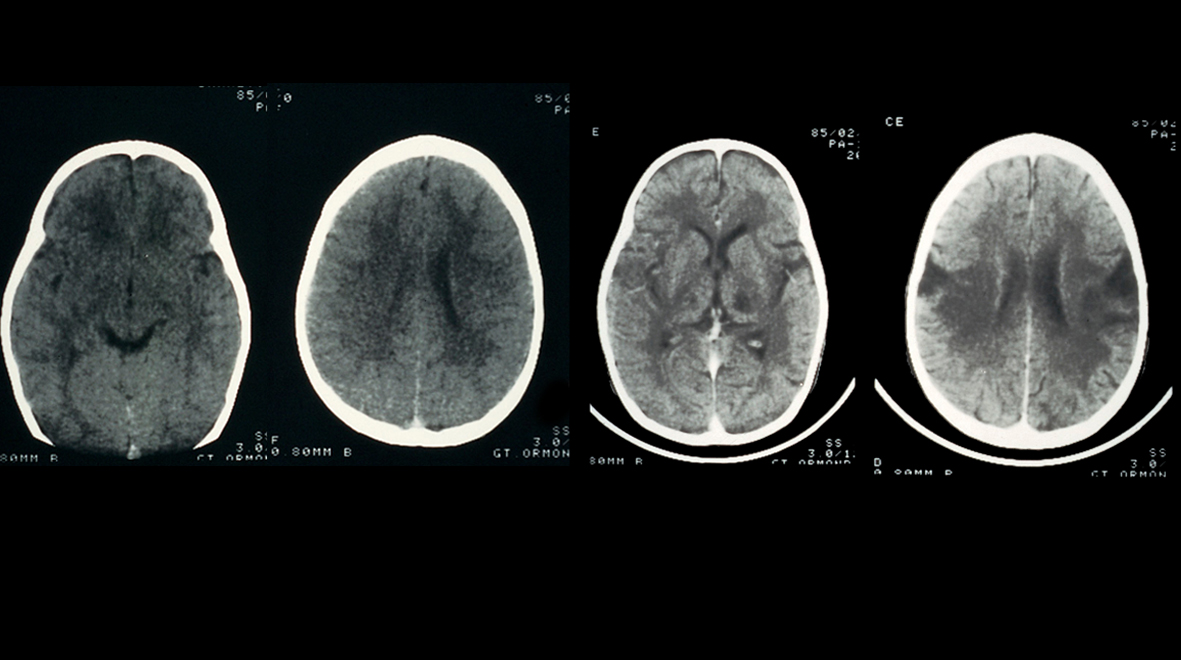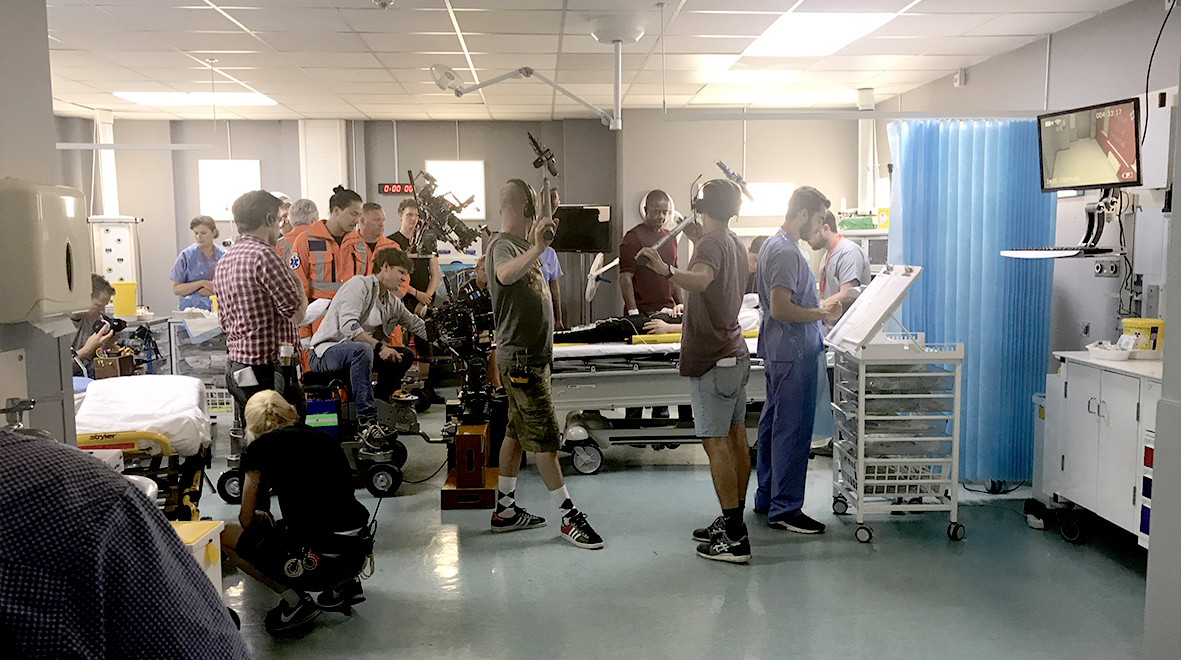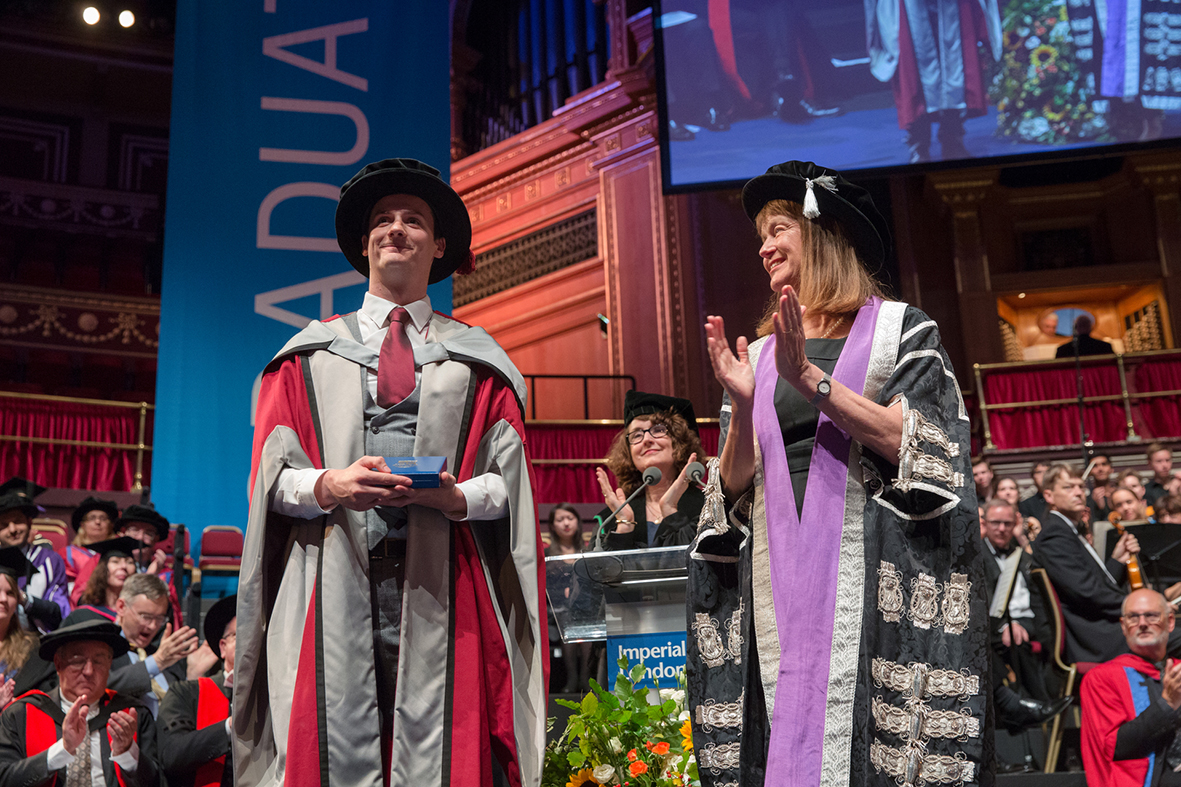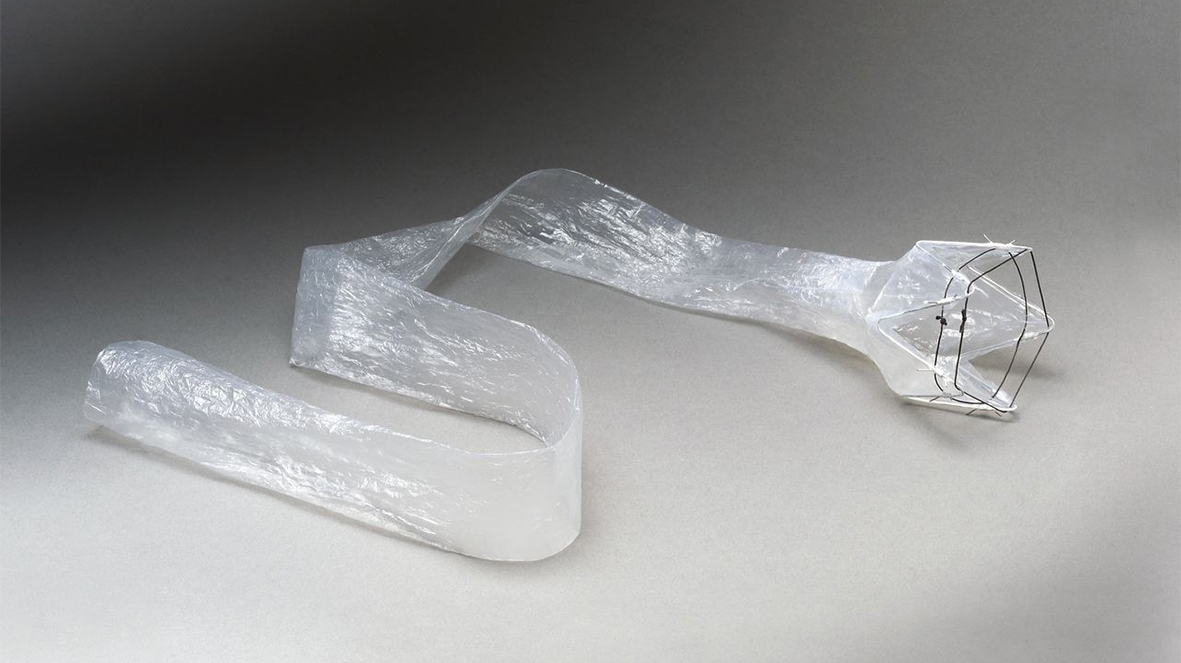
In this post, Dr Aruchuna Mohanaruban tackles the most asked questions about the EndoBarrier – a medical device for the treatment of type 2 diabetes and obesity.
UK obesity rates have continued to rise at an alarming rate, with figures higher than any other developed nation. Strongly associated with obesity is the increased susceptibility to developing type 2 diabetes (T2DM) which currently affects 3.2 million of the UK population. Bariatric surgery – a type of surgery aimed at inducing weight loss – usually by altering the stomach and/or intestines has revolutionised the treatment of these conditions and can lead to a 60% remission in diabetes. However, with demand for this type of surgery outstripping supply, there is a greater need to develop non-surgical alternatives to combat the ever-rising obesity and diabetes epidemic. (more…)

